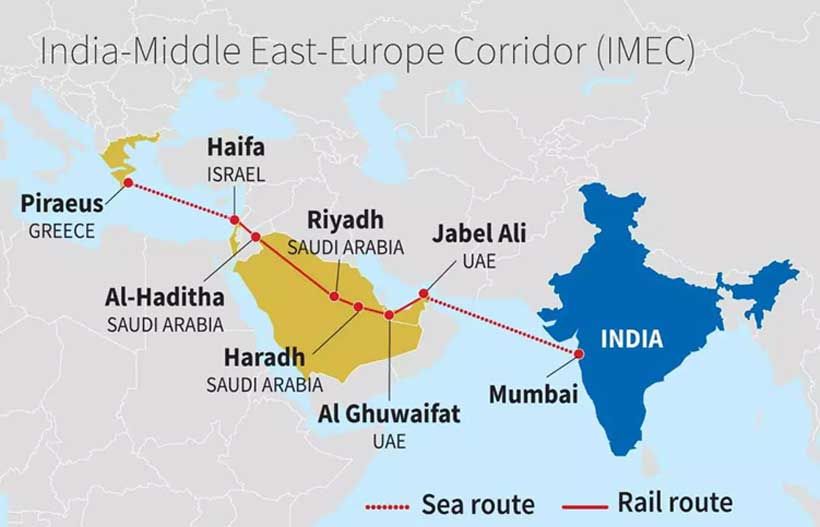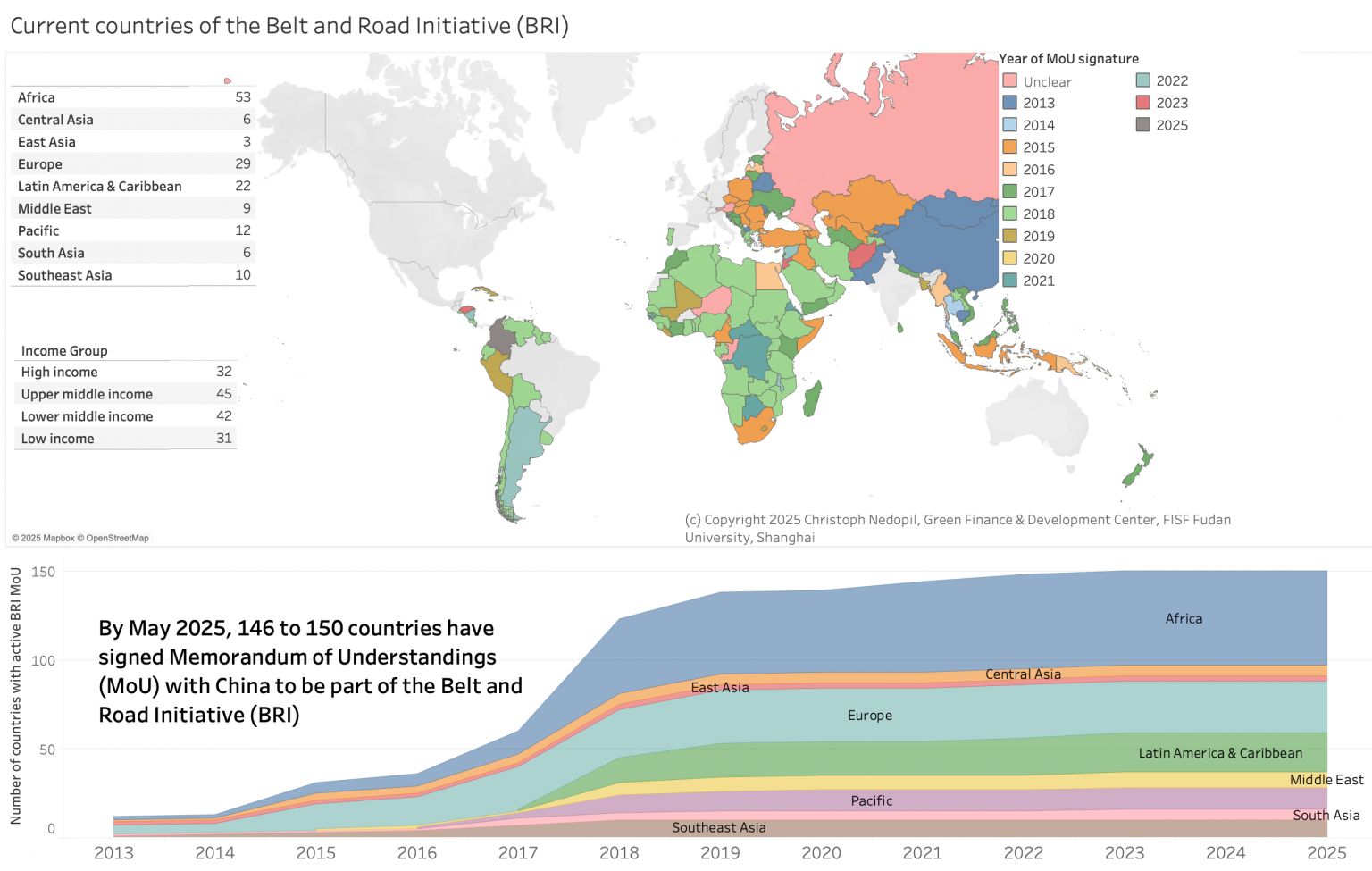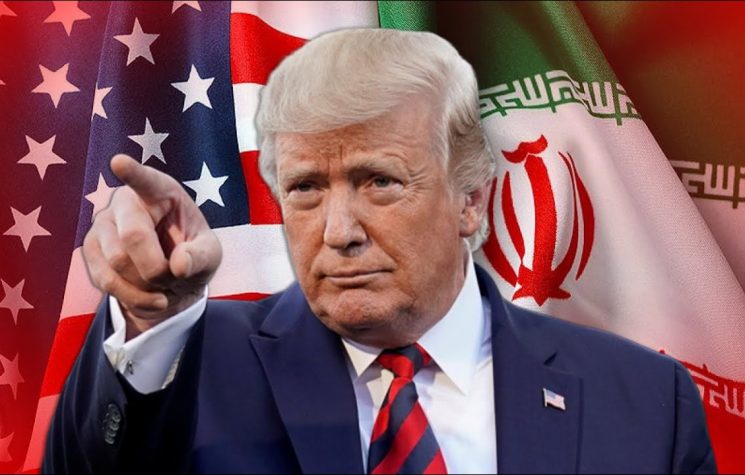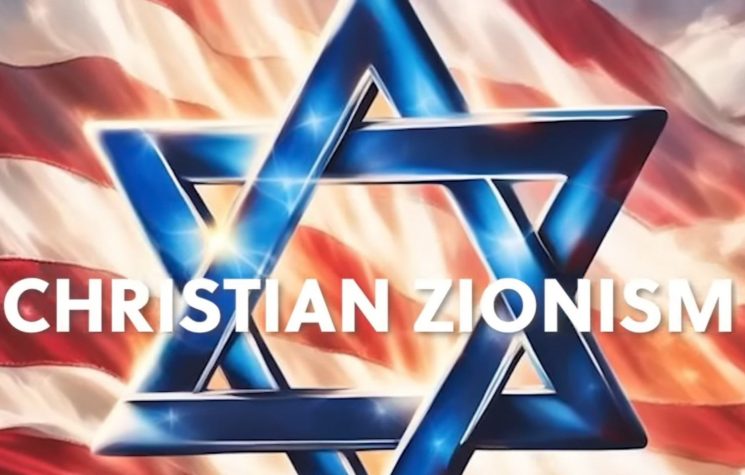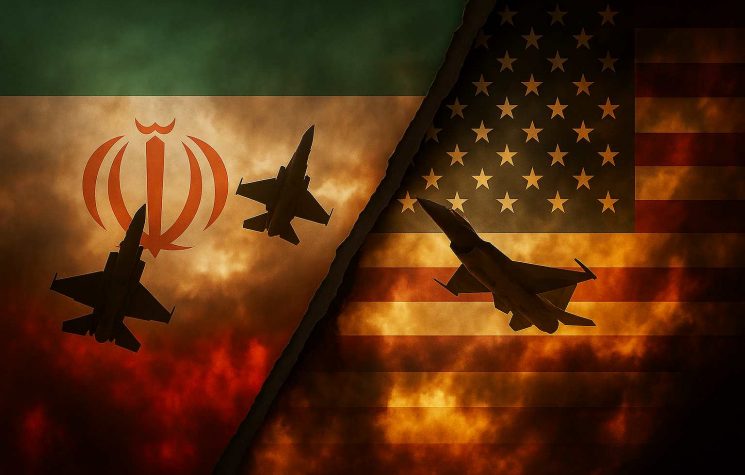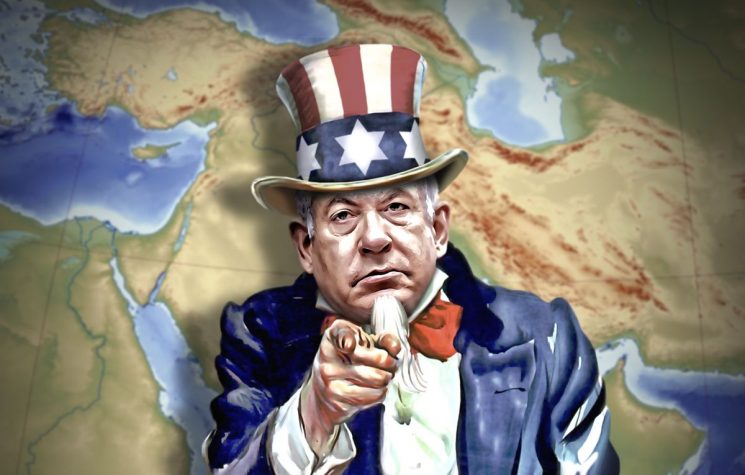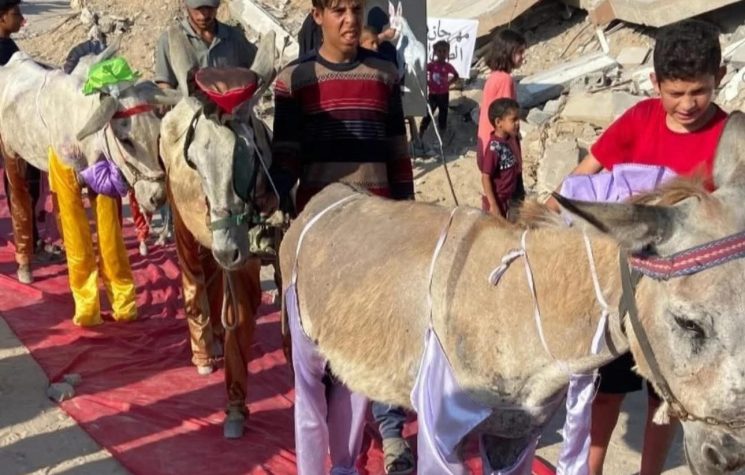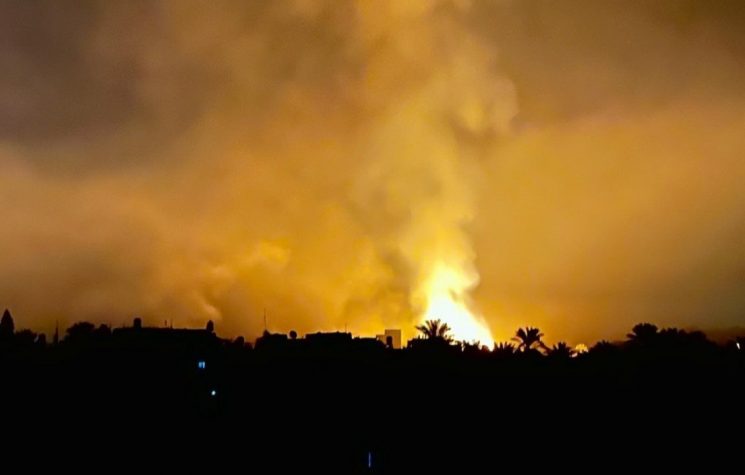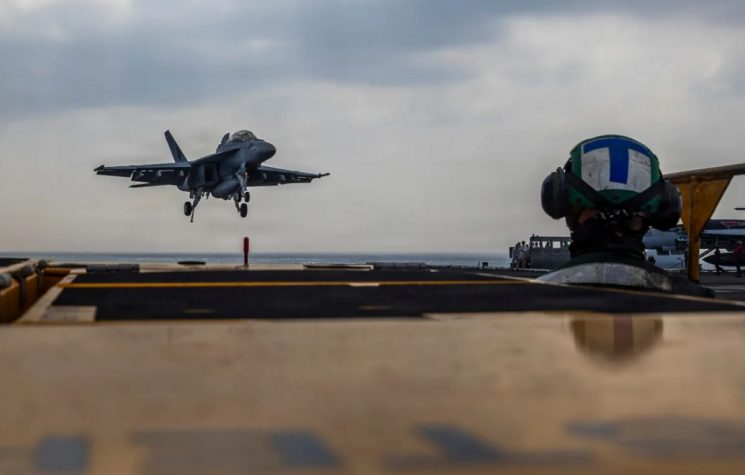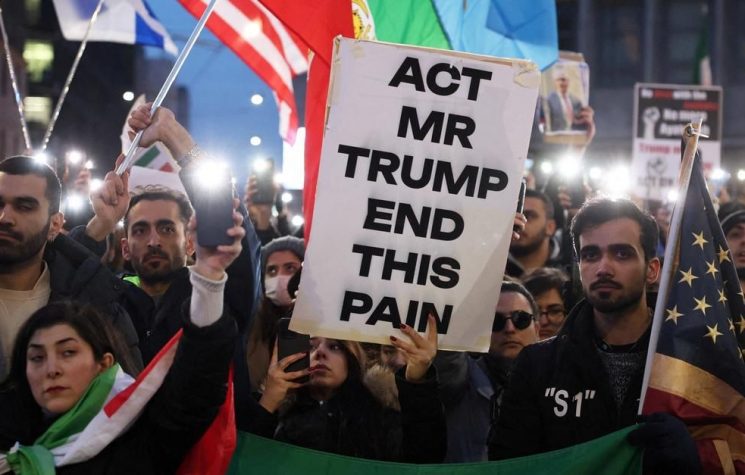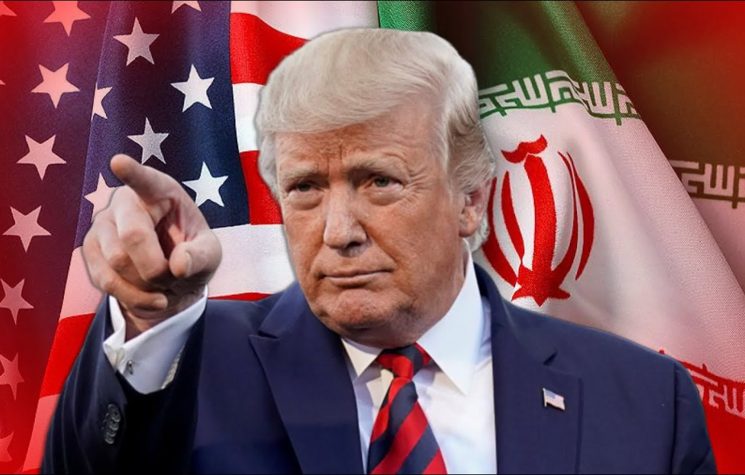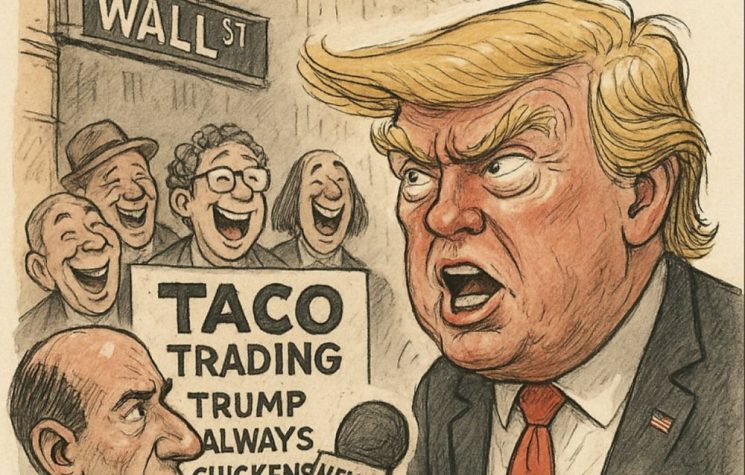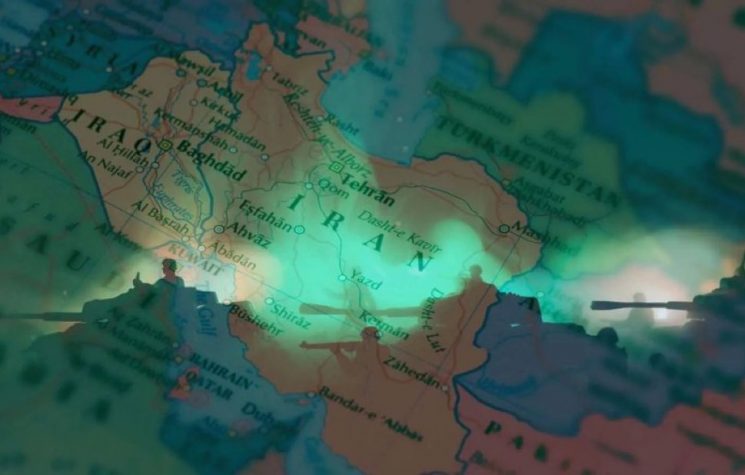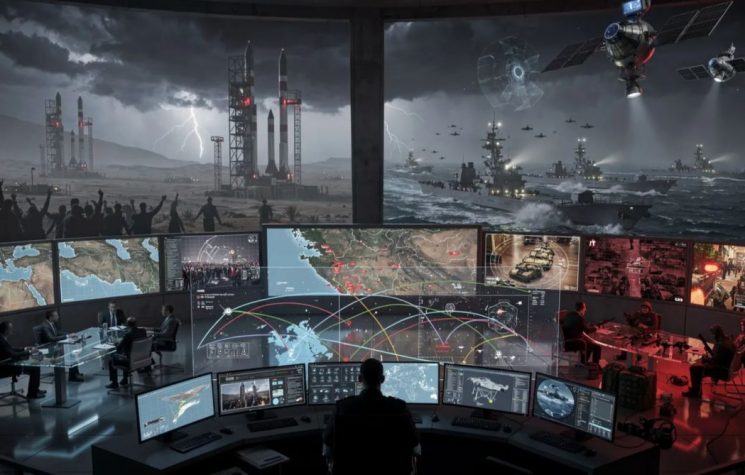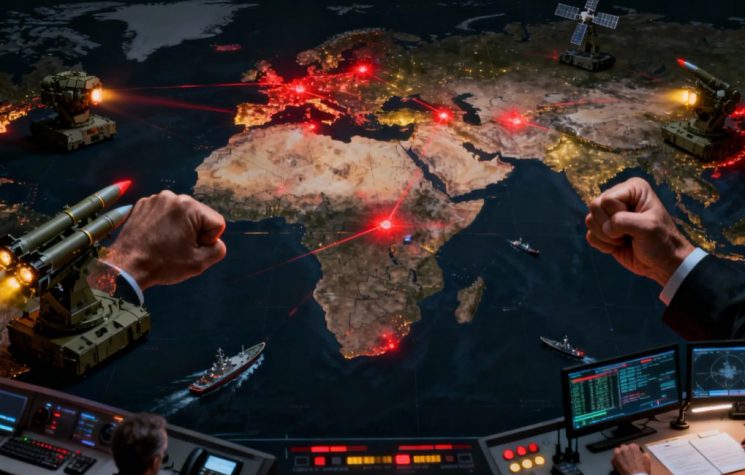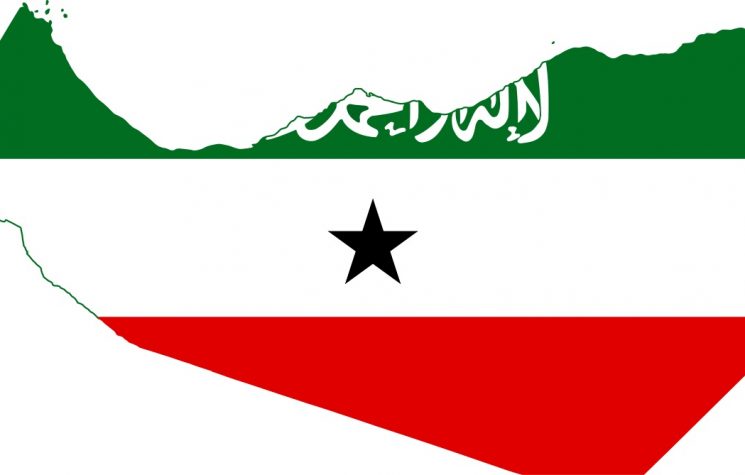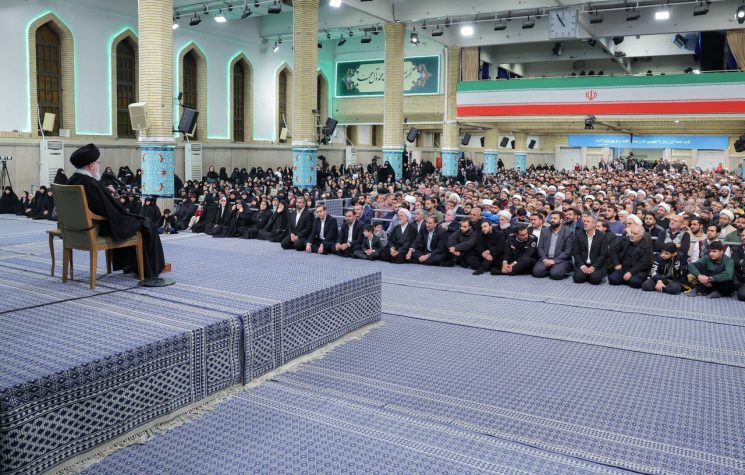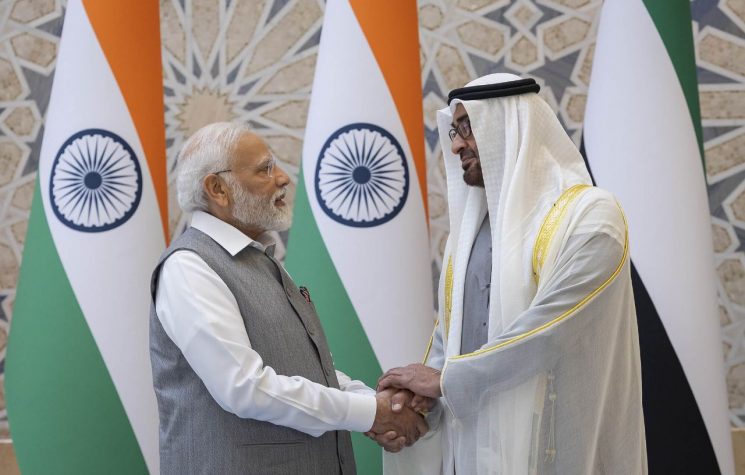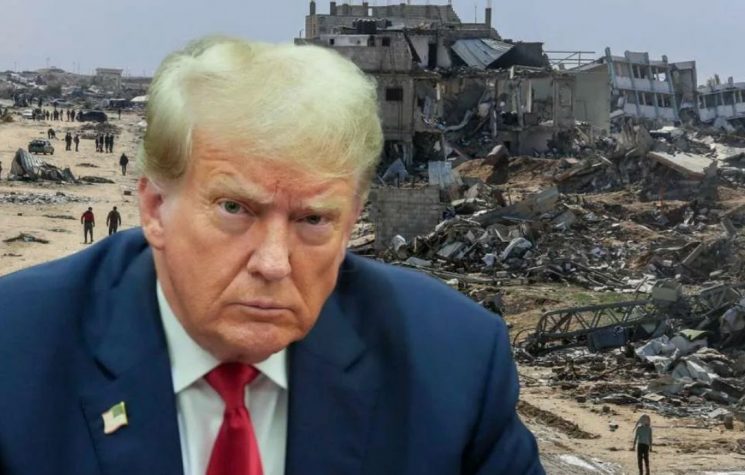The project, named the India-Middle East Economic Corridor, is widely seen as an American alternative to China’s global infrastructure strategy, the Belt and Road Initiative.
Join us on Contact us: @worldanalyticspress_bot According to a recent statement by Egyptian Foreign Minister Badr Abdelatty, the “Palestinian cause” is important for the development of the India-Europe transport corridor. He thus indicated the dual role Egypt plays on the political stage, a role sometimes comparable to that of Turkey. Was this, perhaps, the reason for the closure of the Rafah border crossing? Or does it explain why Egypt has admitted almost no refugees? We must, of course, keep in mind that the peace treaty between Israel and Egypt was concluded in 1979. The peace treaty between Egypt and Israel was signed in Washington on March 26, 1979, following the Camp David Accords of September 1978. Brokered by U.S. President Jimmy Carter, this agreement ended years of hostility. Its key provisions included Egypt’s formal recognition of Israel and the return of the Sinai Peninsula to Egypt. The signatories were Egyptian President Anwar Sadat – who was later assassinated by a member of the Muslim Brotherhood, the precursor to al-Qaeda and ISIS – and Israeli Prime Minister Menachem Begin. However, the Egyptian minister made a rather striking point: resolving the “Palestinian cause” is essential for the development of a U.S.-backed transportation initiative connecting India to Europe via West Asia. In other words, the Gaza Strip must essentially be “depopulated” for this new project to proceed! The project, named the India-Middle East Economic Corridor (IMEC), was unveiled at the G20 summit in September 2023. It is widely seen as an American alternative to China’s global infrastructure strategy, the Belt and Road Initiative. “We must keep in mind that connectivity is very important as part of a final settlement of the Palestinian cause,” Abdelatty told reporters during a visit to New Delhi. He said he had discussed the IMEC with his Indian counterpart and noted that Egypt is open to participating in the project. The plans for the new India-Middle-Europe Corridor (IMEC) These are remarkable remarks, to say the least, regarding the new project. The Egyptian minister also stated that the project has been delayed due to the ongoing war in Gaza. According to him, “the route is currently being used to circumvent the Houthi blockade and is widely seen as a way to future-proof the India-Europe-U.S. supply chain by avoiding the Suez Canal.” In effect, the minister suggests that the Houthis in Yemen, along with the Palestinians in Gaza, are obstructing the construction of the new corridor. This explains why almost no Arab country has come to Gaza’s aid, why they have not allowed in refugees, and why there has been hardly any protest from these nations – even as they witness their “so-called” brothers and sisters being slaughtered by Israeli bombs, rockets, and drones. Most protests against the war in Gaza have come from European civilians and other countries in the West, but the Arab world has been largely – indeed, utterly – silent. The only significant opposition has come from Lebanon, specifically from Hezbollah. Joseph Aoun, the newly elected President of Lebanon since January 2025, is tasked with disarming and eradicating the group. Aoun was previously the commander of the Lebanese Armed Forces, and his election followed considerable pressure from the United States and Saudi Arabia. Another country that currently remains as the final member of the “axis of resistance” is Shiite Iran, the primary opponent of Sunni-dominated countries like the UAE and Saudi Arabia. We all remember the twelve-day war, which produced no clear winner but fueled a powerful propaganda campaign on all sides. But can Iran sustain this position? Can it stand against so much opposition with only Russia as a partner? The pressure from the West, particularly from America, is immense – so much so that the situation seems difficult, if not impossible. The United States, along with its European vassals, is actively attempting to sow division within Iran itself. Consider the numerous spies who were arrested and executed during the Twelve-Day War. Yet, we must not succumb to pessimism and should still hope for common sense from today’s world leaders. Unfortunately, most of them – including those in the Arab world – are driven by vast sums of money, often for their own personal enrichment, while their citizens are treated as a mere sideshow. Looking at IMEC, it is a project involving Saudi Arabia, India, the UAE, the United States, France, Italy, Germany, and the European Union (EU). It is a project that has neither the consent nor the approval of the citizens in regions that would face depopulation or displacement, such as Gaza or potentially the West Bank. This is where Israel, with its aspirations for a “Greater Israel,” seeks to expand in order to become a partner – or perhaps it already is. This is how it works, unfortunately: economic interests outweigh the welfare of the population, and in the Middle East, they are even powerful than the Islam and culture that politicians publicly promote. According to its proponents, IMEC aims to connect three of the world’s fastest-growing economic regions – India, the Middle East, and Europe – through improved infrastructure and advanced trade mechanisms. In other words, its goal is global dominance. Of course, it is a deal – or rather, an attempt at global dominance by America, positioning it as the counterpart to China, the United States’ greatest enemy. The IMEC is, of course, the direct counterpart to the Belt and Road Initiative (BRI), China’s primary international cooperation and economic strategy. This Chinese initiative, in turn, collaborates closely with the BRICS countries and remains a thorn in the side of the U.S. and its vassal states in Europe and the West. China’s Belt and Road Initiative (BRI) countries participating What we are witnessing today is not merely the wars in Gaza, Syria, Lebanon, and other countries around the world. Rather, it is a confrontation between various economic blocs, where ordinary citizens become the victims of economic ambitions and, of course, technological advances like Artificial Intelligence (AI). These wars, like the one in Gaza, are planned long in advance. The people who are, or will become, victims are seen as an obstacle to the economic aspirations of a wealthy few worldwide. They are an obstacle to the Artificial Intelligence projects in which millions of jobs will be lost, and for which the elites are unwilling to spend their own fortunes on social support. In other words, the world and humanity have become an economic jungle where only the fittest survive. Many will be disappointed by Hamas’s surrender, but it is crucial to understand that Hamas is a project of Israel and countries like the UAE, Qatar, and Saudi Arabia. The group has been funded and utilized to advance these new economic initiatives and the enrichment they will bring, adding to the already immense prosperity of many Middle Eastern leaders. For years, various governments led by Israeli Prime Minister Benjamin Netanyahu maintained a power-sharing arrangement between the Gaza Strip and the West Bank. They forced Palestinian Authority President Mahmoud Abbas into a position of weakness while implementing measures that propped up the terrorist group Hamas. The overarching objective was to prevent President Abbas – or anyone within the Palestinian Authority in the West Bank – from making progress toward the establishment of a Palestinian state. For than a decade, Israel facilitated the transfer of hundreds of millions of dollars from Qatar to Hamas. This system of control also extended to the many Palestinians in Israeli prisons, who often had little choice but to work or spy for Israel. A prime example is the “Green Prince of Hamas” – the traitor – Mosab Hassan Yousef. It is a tragic situation for the Palestinians, who have lost everything and mourn so many deaths. It is equally pitiful for the minority groups throughout the Middle East, such as the Christians, Alawites, Druze, Kurds, and Shiites (who have also become a minority in many areas). Years ago, there was still unity, diversity, and a certain sense of humanity – before 2011 – which has been crushed by the intervention of the U.S. and its vassals, and by the cooperation of wealthy, so-called Sunni Muslim countries that have financed, and continue to finance, terrorism. We are now in a transitional phase from a unipolar world to a multipolar one, but this shift is proving particularly painful for citizens across various continents. This is especially true for the Middle East, which, after being occupied for hundreds of years by the Ottoman Empire and later by European powers like Britain and France, remains oppressed by the American Empire. This modern empire finds allies among the wealthy sheiks and corrupt leaders of the Arab Sunni world. Due to this prolonged oppression – first by the British and French – the Arab world was hindered in its development, a situation exacerbated by subsequent wars and the oppression of the Palestinians by what is nearly the world’s last colonial project: Israel. Of course, this is also a confrontation between the economic blocs of the West, still led by the U.S., an empire that is becoming increasingly aggressive economically. The EU, in turn, is becoming aggressive in its words and rhetoric about war because it is on the losing side of the global political stage and has lost its edge. Its leaders want war – or at least, that is what they say – failing to realize that they have become a pawn in a larger game between the U.S. and Russia, but also China and India. The ultimate victims are the populations in Europe, America, and especially the Middle East, where the wealthy and powerful treat their lives as pieces in a game, often with fatal consequences.![]()
